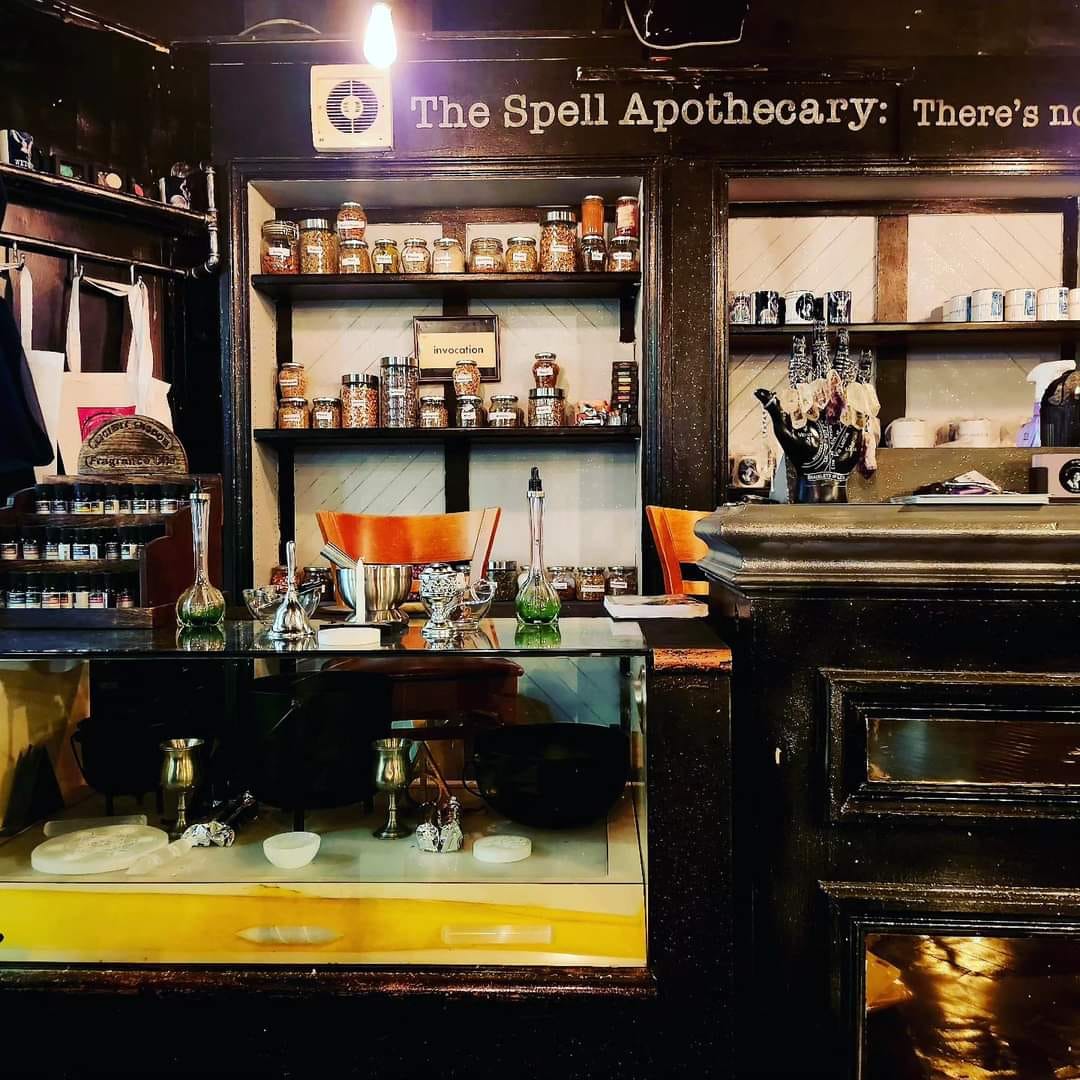
Liverpool News
How local companies are helping Liverpool become a world-class gaming city
1 year ago
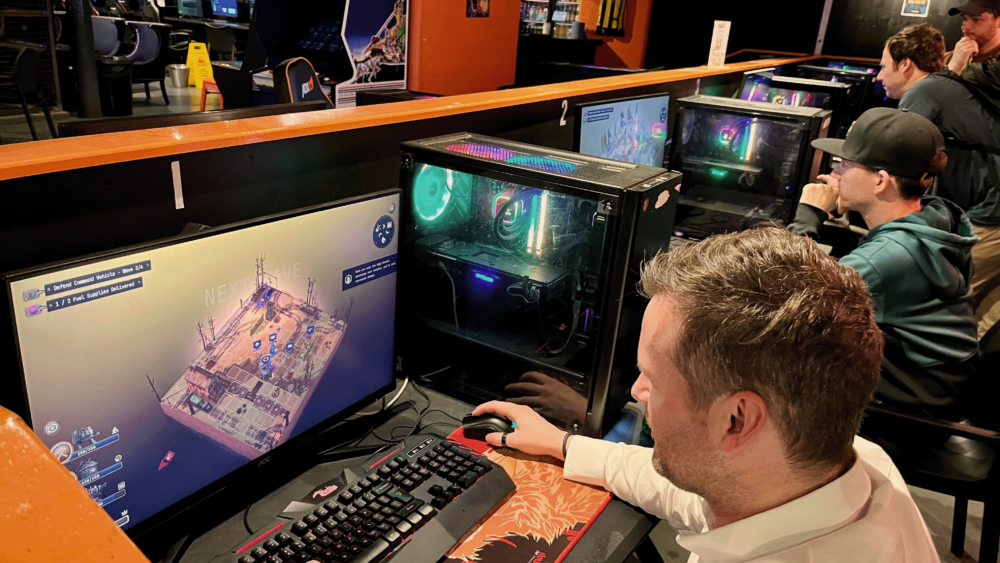
Music and sport might be Liverpool’s two best-known global exports, but there’s another sector where we’re leading the way – video game development.
Over the past four decades, the city’s built up a reputation for creating innovative gaming concepts, attracting top talent to work on award-winning big-selling titles.
Milky Tea, based in Baltic Creative, is one of the studios at the forefront of Liverpool’s success, working with some of the world’s biggest brands and platforms.
The company has won or been nominated for a whole raft of industry accolades, including prestigious BAFTA, EMMY, Banff, and TIGA awards, which are the equivalent of the gaming Oscars.
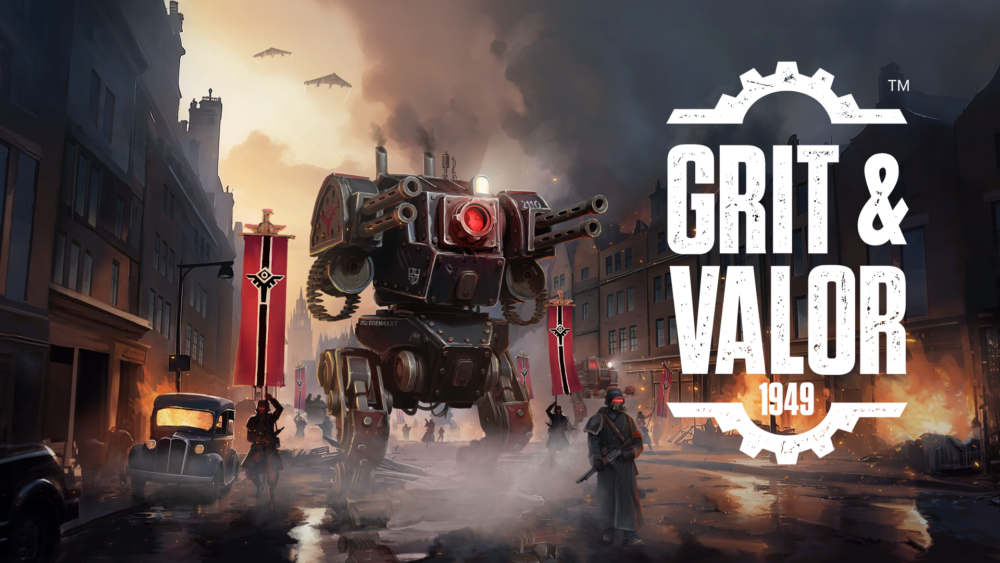
“As a city, Liverpool has a strong legacy of game development and it’s got a massive reputation internationally,” says George Holland at Milky Tea. “We rightly make a lot of noise about the music scene, but our impact in game development is just as strong.
“Liverpool is at the forefront of technology in the games industry and we also have a Scouse resilience, the ability to take knocks and turn them into something creative. You see that in the music and all the creative things the city produces.
“The industry as a whole in Liverpool is genuinely collaborative. Studios here actively share their knowledge and insights, challenges, even contacts, and the heads of Milky Tea, Draw & Code, Skyhook, and Wushu! are all friends and meet up regularly.
“Instead of looking at each other as competitors, we’re all striving to bring stronger partnerships to Liverpool. Whatever outside success we bring benefits us all and I do think that’s quite unique to the games industry.”
Milky Tea began life in 2005 as a design company specialising in 2D and 3D advertising work for clients including international brands like Toyota, Hyundai, Sky and Bose.
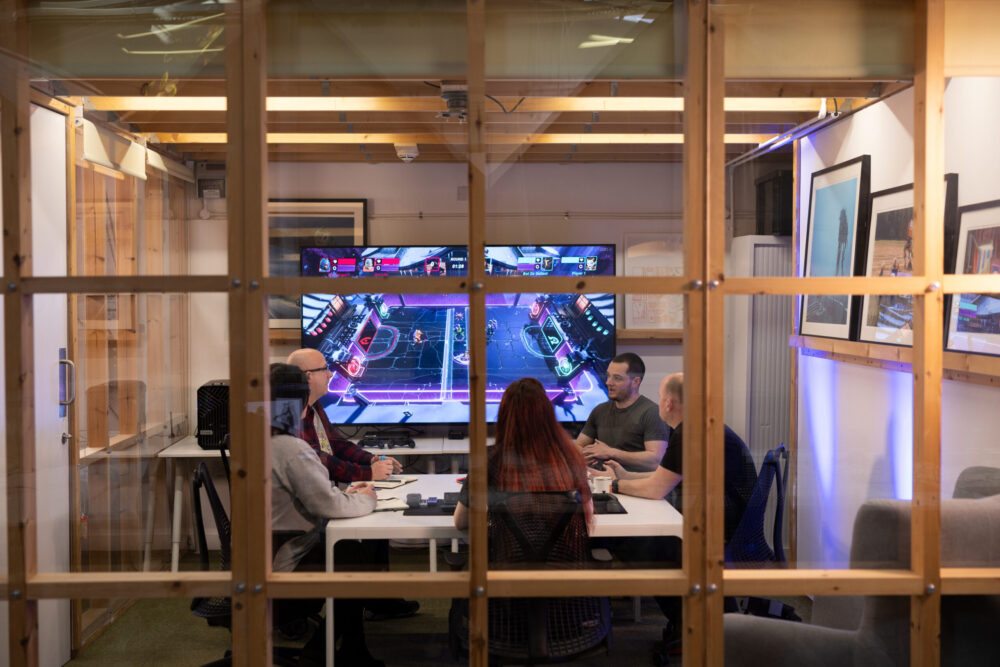
Games development had always been a major passion of co-founder Jonathan Holmes and in 2010 he decided to pivot the business’s focus to video gaming, releasing its first title Roller Rally two years later.
Last year, international video game group Aonic purchased a majority stake in Milky Tea, creating a new partnership allowing the Liverpool studio to continue to grow.
The company now has a 30-strong team of creative thinkers, engineers and artists who design, develop, and publish its own video game IPs for PC and console as well as offering ‘work for hire’ game development services.
With a production process typically taking anything from one to four years, Milky Tea’s team sees a game through from an initial idea all the way to handing it over to publishers ready to be physically produced on ‘storefronts’ like PlayStation, Nintendo and Xbox.
“In terms of game development, 30 is actually a small team,” explains George. “The big multi-million selling hits can have between 300 and 500 people working on them, but in a smaller team we have incredibly talented specialists in all different aspects.”
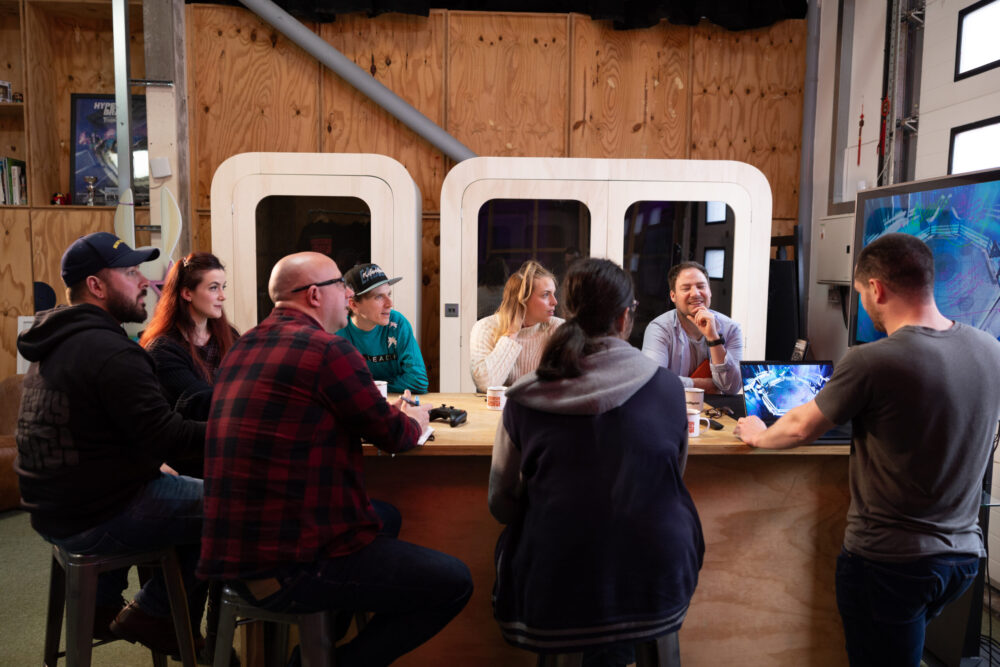
Milky Tea currently has two games in the works including the recently announced Grit & Valor 1949 which will be coming out in 2025.
It represents a shift in direction for the studio, which has previously produced more family-friendly titles.
“Grit & Valor is a fast-paced real-time tactics game with a more mature setting, set in an alternate history where the bad guys won WW2 and this is the last hope to reclaim Europe,” reveals George.
“It’s designed for casual gamers and hardcore gamers, and if people enjoyed titles like Bad North or Into the Breach they’ll love this.
“Our team actually started with 20 different pitches, the initial ideas, before we settled on Grit & Valor. We brought the 20 down to four and then discussed what we most enjoy making as well as what we’re best at making and Grit & Valor was the one that came out on top.”

Although it’ll be next year before gamers get their hands on it, the studio is hoping for another success.
“Our aim is to create the next indie hit which commercially means selling a significant amount and getting award recognition but it’s also about creating an experience that stays with people,” adds George.
“Games provide escapism but they’re a serious art form so we feel a responsibility to give people something that sticks with them and resonates with an audience.”





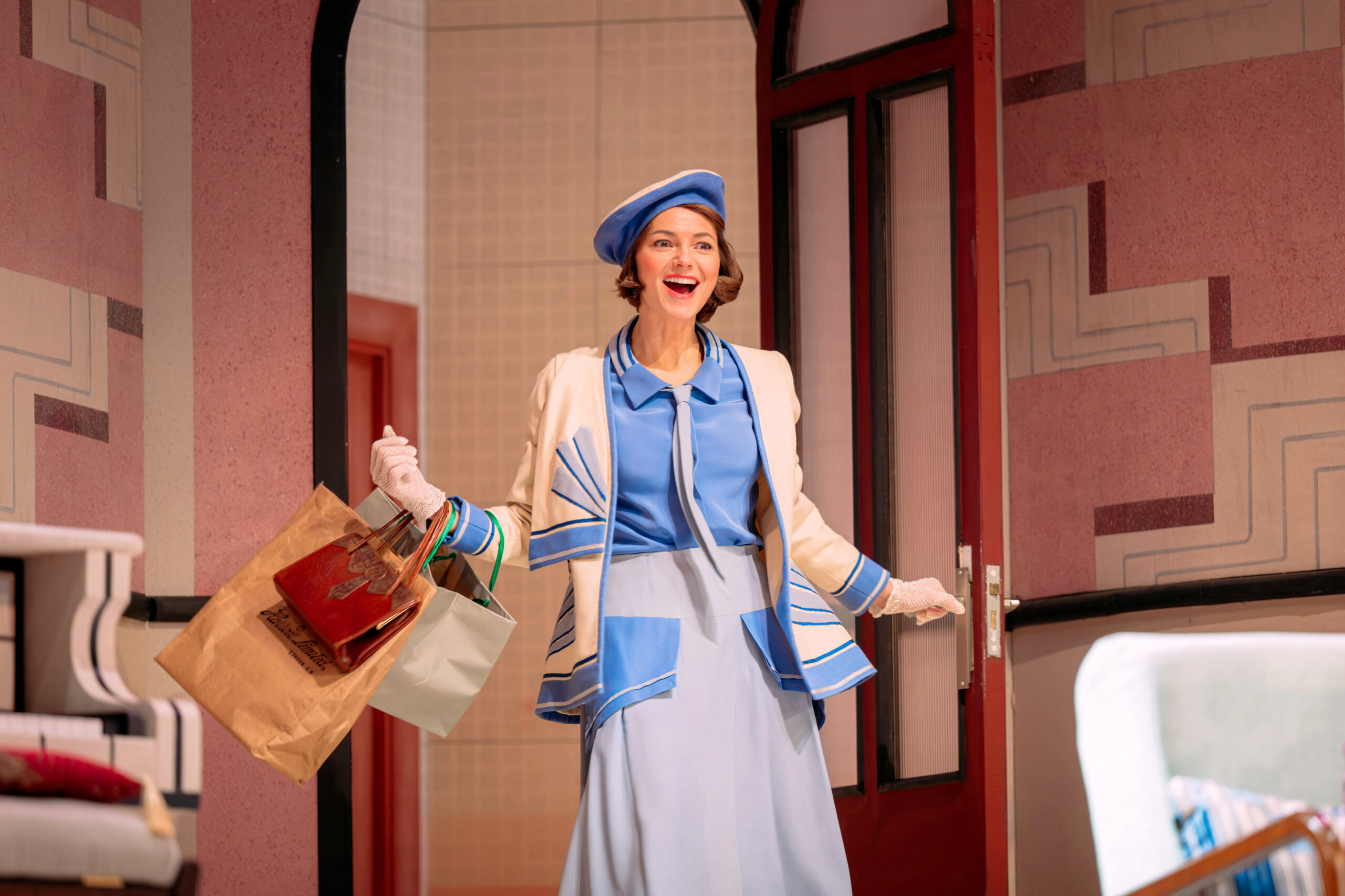


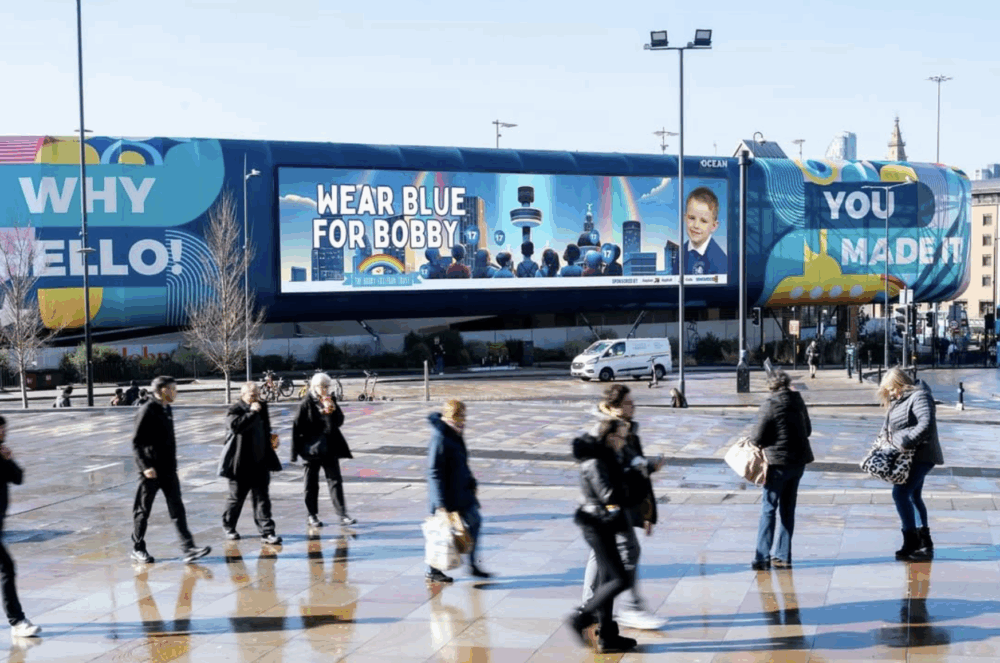


 Subscribe
Subscribe Follow Us
Follow Us Follow Us
Follow Us Follow Us
Follow Us Follow Us
Follow Us











